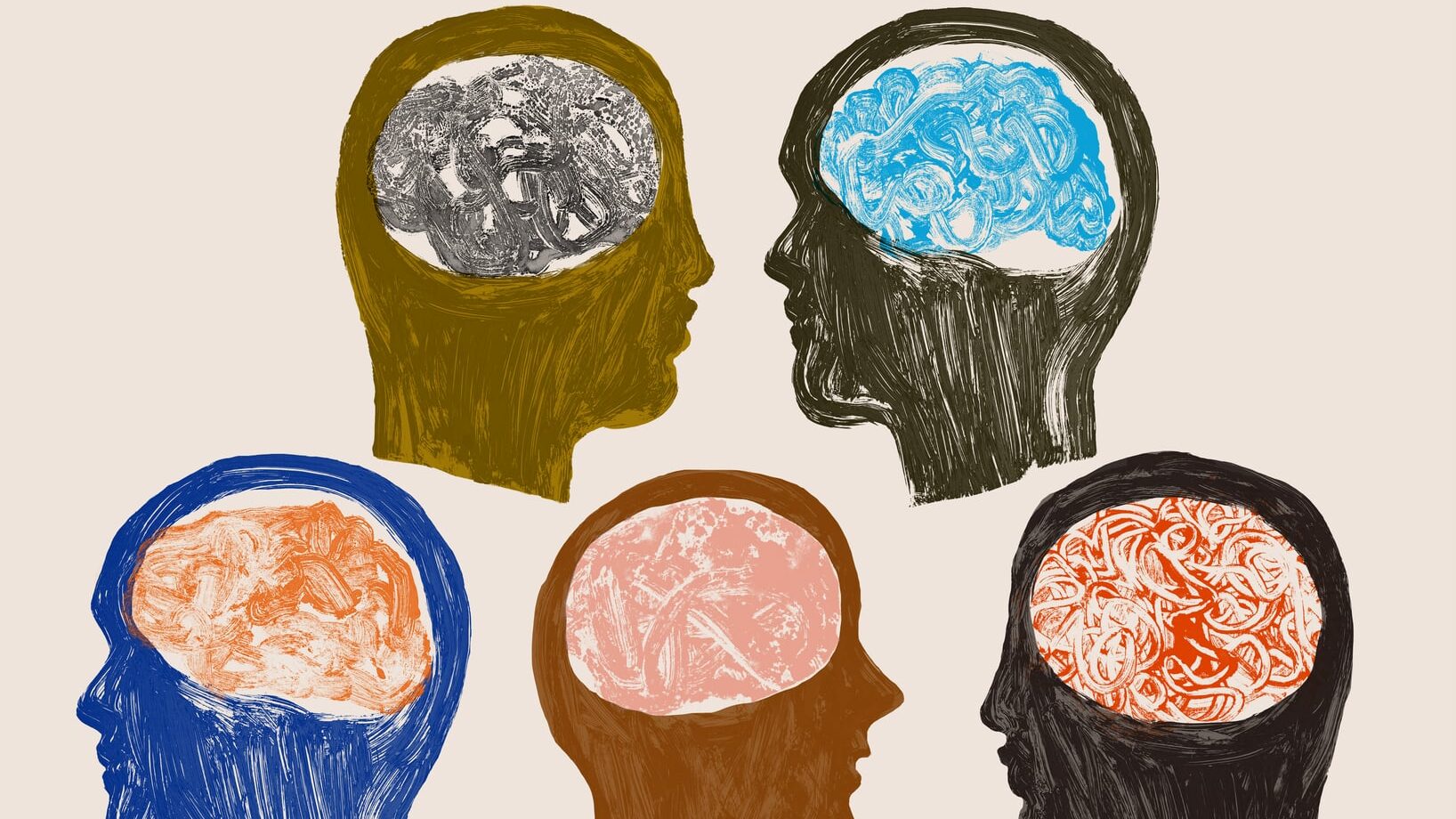By Zion Rufus
Why are Gen Z and millennials increasingly talking about mental health, and what implications does this hold for marketers?
The convergence of societal trends, consumer expectations, and a thriving market indicates that mental health is poised to continue its ascent in the marketing landscape, holding both challenges and opportunities for brands to make a meaningful impact.
This is the moment when marketing transcends product promotion and becomes a platform for change, and Gen Z and millennials are leading the way.
In recent years, mental health awareness has transcended the boundaries of an annual observance, such as May’s Mental Health Awareness Month. Now, more than ever, brands and marketers are recognizing the importance of making mental health a year-round conversation in their daily marketing strategies. The question arises: Why shouldn’t embracing mental health and destigmatizing it be a regular part of marketing campaigns?
As an increasing number of employees grapple with mental health issues, advocating mental health through marketing becomes crucial in helping them receive the necessary treatment and support.
Today, it is evident that a growing number of consumers, especially among the Gen Z and millennial demographics, have become exceptionally vocal about mental health, both in and out of the workplace. They are advocating for companies and brands to openly acknowledge and address mental health issues. Particularly, destigmatizing these challenges through shared experiences has become extremely important for brands with a target audience encompassing Generation-Z, those born between 1995 and 2012.
Gen Z, typically characterized as tech-savvy, creative, and independent, is not impervious to emotional distress. Even millennials, the generation that precedes them, are deeply entwined in these evolving trends. Thus, marketers are increasingly compelled to incorporate mental health considerations into their strategies.
In the pursuit of creating a brand identity that resonates with the values of their target audience, businesses are recognizing that embracing mental health as a cause can set them apart. The need to stand for something beyond the bottom line has never been more significant. Both millennials and Gen Z consumers possess lofty expectations, expecting the brands they support to contribute positively to the world.
Notably, YPulse data highlights that 71% of Gen-Z consumers appreciate when brands incorporate mental health in their marketing and messaging.
Meanwhile, from an economic perspective, the mental health market is booming.
The market’s revenue is projected to reach a staggering US$36.73 billion in 2023. With a predicted annual growth rate (CAGR 2023-2028) of 0.51%, the market volume is expected to surge to US$37.67 billion by 2028. In global comparison, the United States is set to generate the majority of this revenue, amounting to an impressive US$10,590 million in 2023. This translates to per-person revenues of US$67.77 in 2023.
Mental health disorders are widespread conditions affecting people across the globe. These disorders are the result of various genetic and environmental factors that disrupt an individual’s physical and emotional well-being. Many mental health disorders can be treated effectively through behavioral and psychotherapies. In some cases, medication is prescribed in conjunction with these treatments.
The Mental Health market encompasses drugs used to treat a wide spectrum of mental health disorders, including depressive disorders, anxiety, sleeping disorders, and various types of psychotic disorders.






Comment
No comments found.